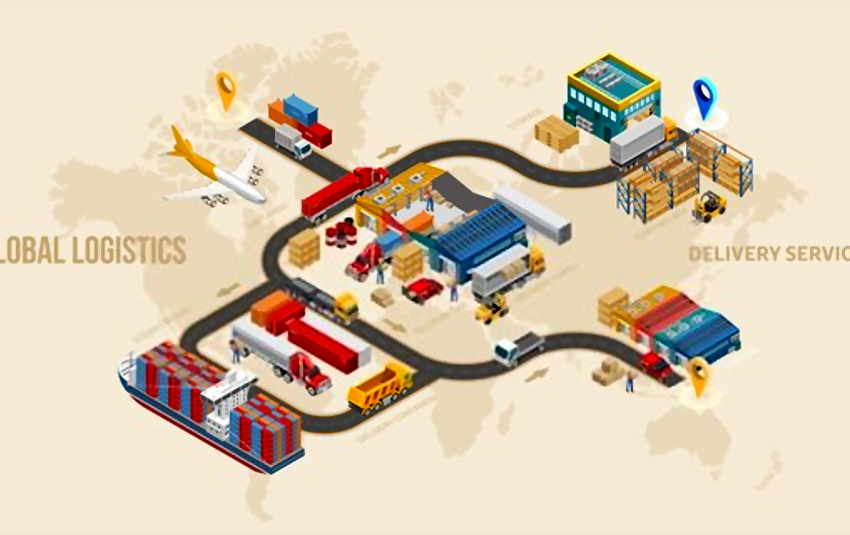Logistics is an intricate network of connections and complex operations for the successful delivery or distribution of products. Proper functioning of logistics involves meticulous management of goods at each step i.e., production, dispatch, and distribution. While in the processes of dispatch or delivery, the products may get stolen, breakage, spoiled, misplaced, etc. Logistics is the anticipation of these kinds of likely mishaps that can be detrimental to the business. A business has to rely on a freight forwarder for its dispatch and distribution. When business selects a freight forwarder, it gets access to knowledgeable experts, a skilled team of logistics veterans, and their automation opportunities. With them handling your business cargos, you do not need to be worried about the status of your goods in transit or check on periodically on its journey. Allow the forwarder handle all aspects of the transportation and provide you peace of mind.
What is a freight forwarder?
Freight forwarders a company that handles the goods and delivers them directly to retailers or customers. Some freight forwarders provide door to door delivery options, whereas some provide only an origin to destination delivery. In the case of the latter, you need to form an itinerary for the journey and select individual freight forwarders for each part of the trip. A reliable freight forwarder is the one who foresees the potential challenges in shipping your goods. Problems like poor weather, planned transport impediments like road works, etc. are likely to occur and a reliable freight carrier gives a proper estimation accounting for these events in the delivery date.
What are the types of freight forwarders in logistics?
Freight carriers in logistics are divided into several categories due to their methods and scopes of operations. Some are as follows:
1) Common Freight Forwarders and Contractual Freight Forwarders (Carriers).
Common Freight Forwarders deal with freight delivery to the public. On the other hand, Carriers deal with selected shipping companies on contractual bases. Carriers agree to a rate with their contractors throughout the shipping of the freight, providing better rates to you.
2) The area covered in operation.
Some freight forwarders operate locally; they do not go beyond a specific region or a certain point. Local carriers constitute the majority, with over 50% of the road freight services in the US. They typically operate within a one hundred miles radius. Some freight carriers operate in-between states or throughout a country. There are also some cross-boundary freight carriers that transport freight between Canada and the USA.
3) The modes of transport.
There are different ways freights can reach their destinations. Road transport (Trucking), Water transport (Ship freight), and Air transport (Flight freight) are decided upon using several factors like the type, size, and weight of the load, the destination, the time needed, etc.
Which is the right carrier for you?
If you select a smaller carrier, they may lack a few things like a higher capacity for cargo delivery, reliability and rates. However, a smaller carrier can have better-personalized service. Factoring in these decisions will ensure that you get a winning deal on transporting consignments from source to destination.
FOR MORE INFORMATION, CONTACT LCLXCHANGE
